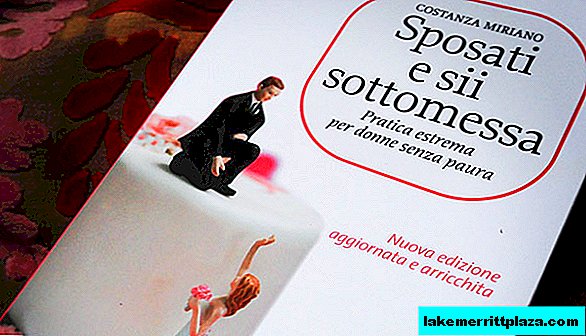In the course of research at two Italian universities, Sassari and Cagliari, an innovative “chemical exfoliation” technology was developed that allows the windows to “self-clean” using only sunlight. The new development is another way to use the material, for the study of which in 2010, scientists have already received the Nobel Prize.
Soon window panes in homes will clean themselves. At least, researchers of the universities of Sassari and Cagliari hope for this, who have developed a new type of high-tech nano-matter that will allow forever changing the life of Europeans and not only. A study funded from the Sardinia region opens up new prospects for use graphene, a substance for the study of which in 2010, scientists A.K. Game and K.S. Novoselov received the Nobel Prize in Physics.

Graphene was discovered in 2004 and very quickly recognized as one of the most promising materials of the future. It is a layer of graphite with a thickness of one atom, structured like a honeycomb. This two-dimensional material is ultrathin, flexible and approximately 200 times stronger than steel. At the same time, it conducts heat and electricity very well, and for its ability to transfer electrons has already been nicknamed the "heir of silicon" in the electronics of the future.
The new development is as follows.
The material obtained using the innovative technology of "chemical exfoliation" is added to the thinnest, nano-level porous titanium dioxide plate. Thus, a film with very high photocatalytic properties is obtained: by far the highest among thin transparent films. Such a property, for example, will allow the windows in the house to clean themselves, using only sunlight to destroy the resulting stains, and thereby free the housewives from unnecessary homework.

Discovery Published in an International Journal "Acs Applied Materials & Interfaces " It was considered especially significant and even placed on the cover of the publication. The study was also attended by prestigious national and international organizations: the Italian Institute of Technology ('Istituto italiano di tecnologia), the University of Graz (Università Tecnica di Graz) and the Australian Department of Science and Engineering of Substances, Commonwealth Scientific and Industrial Research Organization (divisione di Scienza ed Ingegneria dei Materialidell'australiano (Commonwealth Scientific and Industrial Research Organization)








